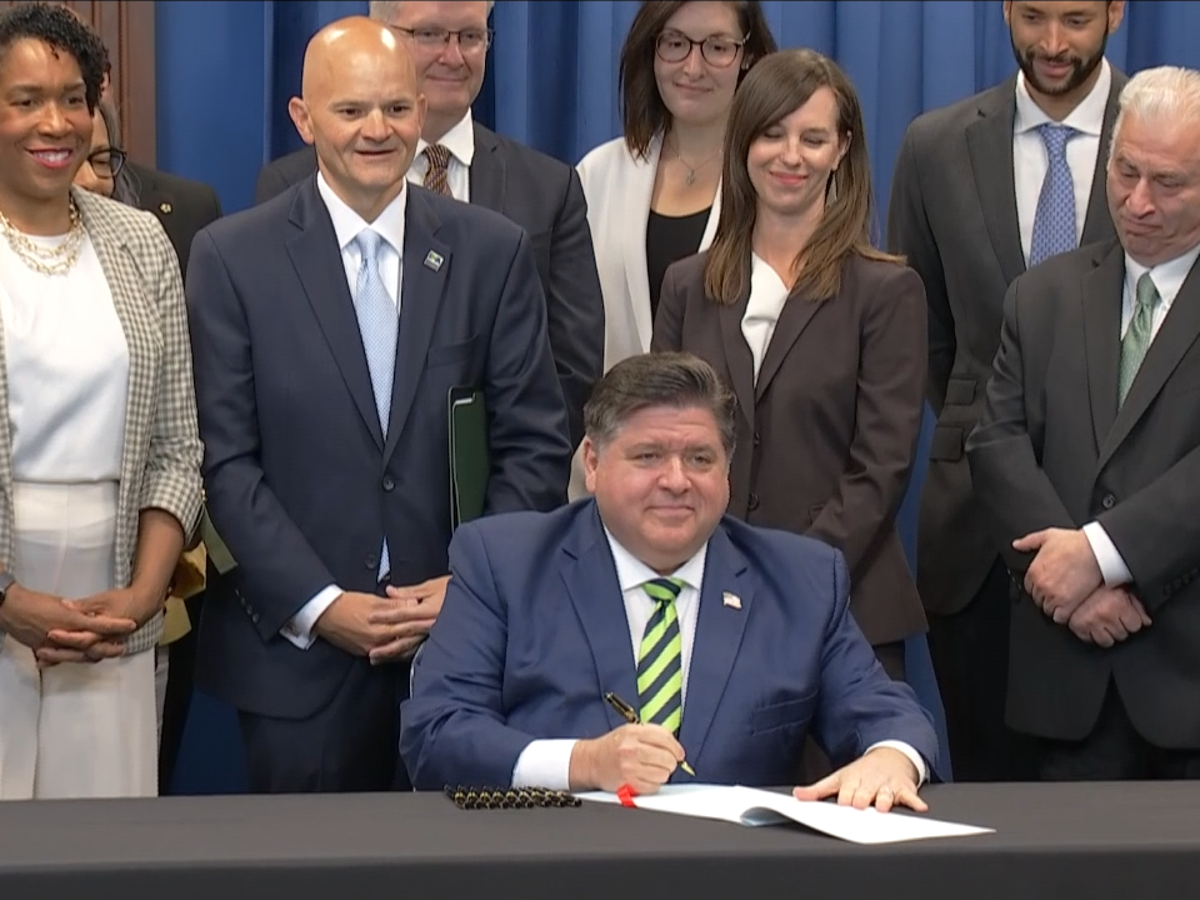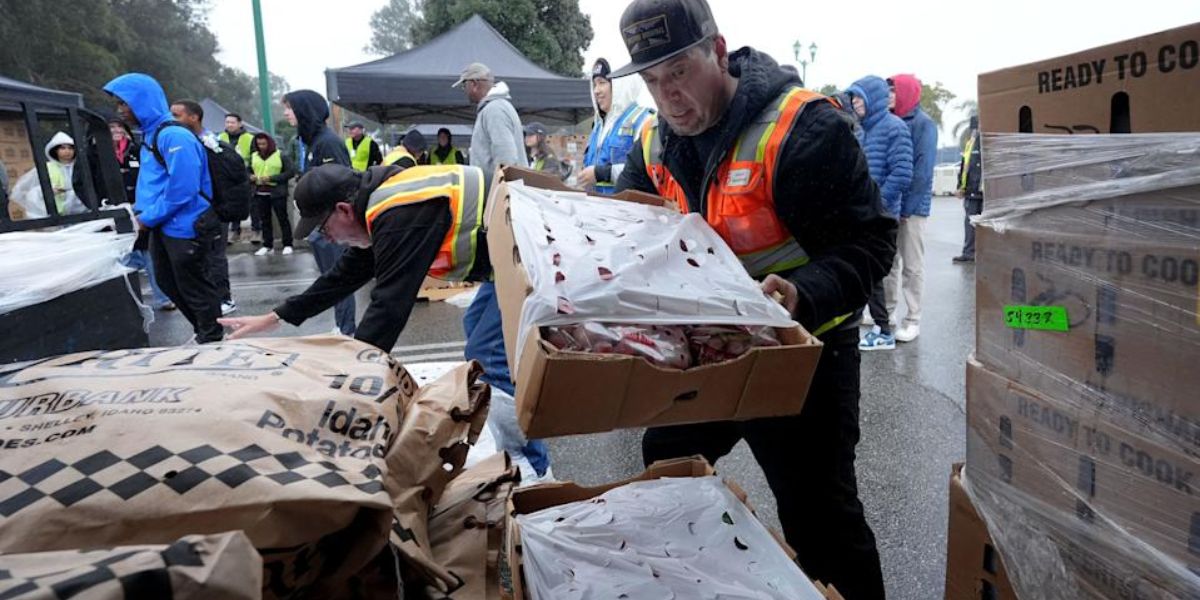Illinois Governor J.B. Pritzker has signed 68 new bills into law, affecting a wide range of issues including driving rules, immigration policies, and protections for victims of child abuse. These laws were part of the more than 450 bills approved by the Illinois General Assembly during its spring session, which ended in May.
One of the key measures, House Bill 5457, prevents the denial of professional licenses or disciplinary action based solely on immigration status or violations. This law, which takes effect on January 1, 2025, also includes accommodations for certain professional license testing.
Another important change is House Bill 5370, which expands the state’s “move over law,” also known as Scott’s Law. Effective January 1, 2025, drivers in Illinois will need to reduce their speed around emergency scenes to enhance safety.
House Bill 5465 offers significant support to victims of human trafficking. Starting January 1, 2025, those who were children at the time of their trafficking can have their juvenile records expunged or sealed if they were forced to participate in criminal acts while being abused.
House Bill 5238 focuses on safety in mobile home communities. Beginning January 1, 2025, newly built manufactured homes in Illinois must have weather radios installed. The law also encourages regular maintenance of safety devices in these communities.
Additionally, House Bill 5412, which is effective immediately, amends the state’s Reimagining Energy and Vehicles in Illinois (REV) Act and the Manufacturing Illinois Chips for Real Opportunity (MICRO) Act. This bill states that failure to report certain data may lead to ineligibility for specific tax incentives.
These new laws reflect Illinois’ commitment to improving safety, protecting vulnerable populations, and ensuring fair treatment for immigrants. Governor Pritzker’s office emphasized the importance of these measures in addressing various concerns across the state.
For drivers, the expansion of Scott’s Law aims to enhance safety around emergency scenes, reducing the risk of accidents and ensuring that emergency responders can work in safer conditions. This law builds on existing regulations, making it mandatory for drivers to slow down and move over when approaching emergency vehicles.
In the realm of professional licensing, House Bill 5457 marks a significant step towards ensuring that immigration status does not unfairly hinder individuals from pursuing their careers. By preventing license denial or disciplinary actions based solely on immigration status or violations, this law promotes fairness and inclusivity in the professional sphere.
For victims of human trafficking, House Bill 5465 provides a path to a fresh start. By allowing juvenile records to be expunged or sealed, the law recognizes the complex circumstances these individuals faced and offers them a chance to move forward without the burden of past criminal records.
The safety of mobile home communities is also being addressed with House Bill 5238. The requirement for weather radios in newly built manufactured homes ensures that residents have access to crucial weather alerts, enhancing their safety during severe weather conditions. Additionally, promoting regular maintenance of safety devices helps to create a more secure living environment for mobile home residents.
The immediate implementation of House Bill 5412 highlights the state’s focus on transparency and accountability in its energy and manufacturing sectors. By linking tax incentives to the accurate reporting of data, Illinois aims to ensure that businesses benefiting from these incentives are held to high standards of compliance.
Also Read:
- Illinois Governor Pritzker Signs Healthcare Protection Act to End Unfair Insurance Practices
- Governor Pritzker Signs Bill to Alleviate Nearly $1 Billion in Medical Debt for Illinois Residents
These 68 new laws, signed by Governor Pritzker, demonstrate a comprehensive approach to addressing various issues within Illinois. From enhancing road safety to providing protections for vulnerable populations, these measures reflect the state’s commitment to creating a safer and more inclusive environment for all residents.







